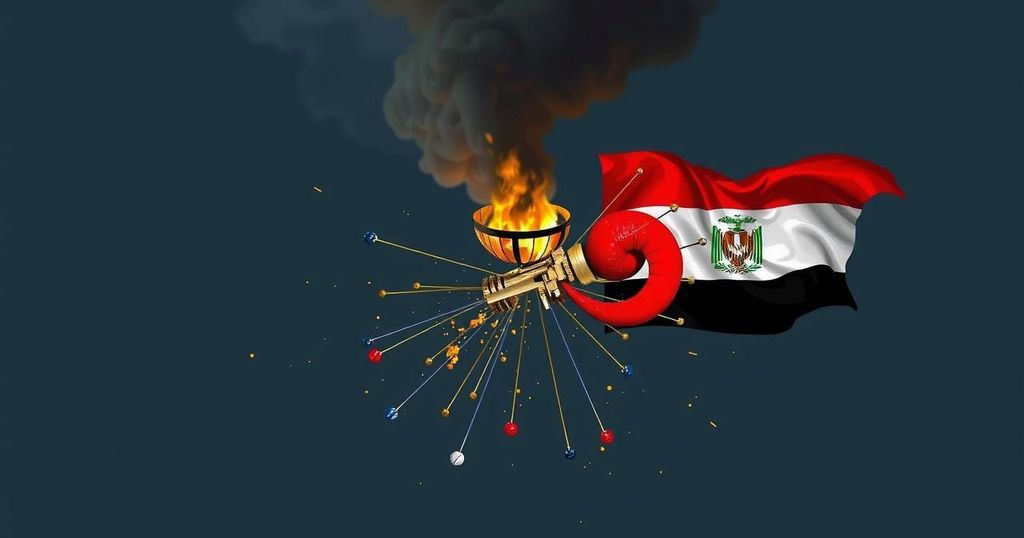On October 27, 2024, Egypt proposed a two-day ceasefire in Gaza, offering to exchange four Hamas-held hostages for Palestinian prisoners in Israeli custody. The initiative aims to lead into discussions for a permanent ceasefire within ten days, though both Hamas and Israel have yet to respond. The backdrop includes recent discussions facilitated in Doha by Egypt and Qatar, marking a critical mediation effort amid escalating tensions in the region.
On October 27, 2024, Egypt announced a proposal for a two-day ceasefire in Gaza. This initiative aims for the release of four hostages held by Hamas in exchange for several Palestinian prisoners currently incarcerated in Israel. Egyptian President Abdel Fattah el-Sisi expressed that the proposal is designed to “move the situation forward” and emphasized that discussions for a permanent ceasefire should begin within ten days following the temporary truce’s implementation. As of now, both Israel and Hamas have not responded to the proposal. A Palestinian representative indicated confidence that Hamas would consider the proposition; however, they remained steadfast in their demand that any agreement should culminate in an end to hostilities and the withdrawal of Israeli forces from Gaza. Conversely, Israel has conveyed its position that halting military operations without ensuring that Hamas does not recuperate, after suffering significant losses over the past year, would be unacceptable. President el-Sisi’s proposal coincides with a notable meeting in Doha, where Mossad Director David Barnea and CIA Director William Burns engaged in discussions with Qatari Prime Minister Sheikh Mohammed bin Abdulrahman Al Thani concerning ceasefire and hostage negotiations, the first such talks in two months. Egypt and Qatar have been pivotal mediators throughout past conflicts between Israel and Hamas, such as during the 2014 Gaza War and the 2021 hostilities. Previously, in November 2023, a temporary seven-day ceasefire brokered by Egypt and Qatar allowed the release of 81 Israeli hostages in exchange for 240 Palestinians. However, this pause fell apart shortly after when Hamas did not provide an expected list of female and child hostages, prompting them to resume rocket fire into Israel. Presently, of the more than 250 hostages taken by Hamas since October 7, 2023, 101 are still believed to be in captivity. Secretary of State Antony Blinken remarked on October 24 that it remains uncertain if Hamas is prepared to engage regarding the ceasefire proposal, suggesting that further clarity may emerge in the coming days.
This proposal comes amid an ongoing and complex conflict in Gaza, where negotiations have historically involved Egypt and Qatar as key mediators. Recent hostilities have resulted in significant casualties and hostages taken by Hamas, prompting urgent discussions around ceasefire agreements. Egypt’s efforts to facilitate negotiations reflect its strategic role in regional diplomacy, especially concerning Palestinian issues and Israeli security.
In summary, Egypt’s proposed two-day ceasefire represents a significant development in ongoing negotiations between Hamas and Israel, with the potential for initial strides towards a more durable resolution. However, both parties’ responses remain uncertain, highlighting the broader challenges in achieving a sustainable peace amidst deeply entrenched hostilities. The stakes are particularly high for Israel, which faces a dilemma regarding its security interests and humanitarian considerations as it navigates this diplomatic landscape.
Original Source: www.fdd.org







